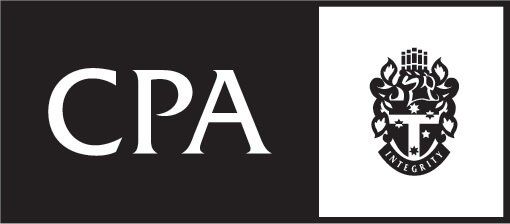July 2022 - Welcome to the New Financial Year
Happy New Year!
Tax Time 2022: Get Ready!
Welcome to the start of the new financial year and we thank you for your support and for partnering with us over the past 12 months.
Our team is up to date with all the latest tax laws, so it’s time to start thinking about completing your 2022 tax returns and beyond. If you have not yet organised your tax appointment, please get in touch with us asap. We conduct appointments at the office, via Zoom or Phone.
03 9853 1000
admin@crawfordaccountants.com.au
www.crawfordaccountants.com.au
Remember our new office is located at Level 1, 88 Charles Street Kew, just a 2-minute walk from our previous office.
It’s easy to find, located opposite to Dan Murphy’s and next to Drummond Golf – check out the link below. The new location makes parking easier too. We have secured three dedicated visitor parking bays right out front, which you are welcome to use when you come for appointments (tandem parking behind staff cars) There are also many 2-hour parking bays on Charles Street, High Street and Union Street and we look forward to seeing you at the new premises.
Click here for directions to our new office.
Are you Audit Safe?
The possibility of being selected for an audit or investigation is increasing each year as the Australian Taxation Office (ATO) and other government agencies widen the scope of their investigation activities utilising data collection/detection capacity, data matching and benchmarking/risk profiling. Even if you can substantiate your claim for an allowable deduction, if queried you must still go through the audit process.
To alleviate the cost and stress we have offered you to take out our audit protection and you should have received an offer letter from us two weeks ago. It is a cheap and efficient way of dealing with an ATO audit.
For more information, please contact our office.
Tax Deductions
Tax deductions will help you minimise your tax, but there are three golden rules for tax deductions:
- Expenses must be related to business/ work and not private. If a portion of the expense if private, the deduction must be apportioned.
- You must have records to prove the deduction such as receipts
- The expense must not be reimbursed
Small businesses will be able to take advantage of deducting the full cost of depreciating assets under the temporary full expensing rules and an immediate deduction is available for start-up costs and certain pre-paid expenses.
You may also be eligible to claim the business/ work related use of PPE related to COVID 19 safety.
New cents per KM rate
The ATO has updated the cents per kilometre rate relating to individual car expenses for the 2023 income year to 78 cents per business kilometre.
The cents per kilometre method:
- uses a set rate for each kilometre travelled for business;
- allows taxpayers to claim a maximum of 5,000 business kilometres per car, per year;
- does not require written evidence to show exactly how many kilometres were travelled (but the ATO may ask taxpayers to show how they worked out their business kilometres, for example by means of diary records); and
- uses a rate that takes all vehicle running expenses (including registration, fuel, servicing and insurance) and depreciation into account.
The cents per kilometre rate was 72 cents for the 2021 and 2022 income years.
Proposed Electric Car Incentives
The new federal government announced that electric cars below the luxury car threshold will be made FBT and import tariff exempt as part of their policies. If passed through the parliament, this would result in significant tax and import tariff savings on selected electric cars and the policy is to be reviewed after three years.
ATO’s Small Business Focus for 2022
The ATO announced that it will be focussing on the following matters for small business tax returns for the 2021/22 year:
- Deductions that are private in nature and not related to business income, as well as overclaiming of business expenses (especially for taxpayers running a home-based business).
- Omission of business income (e.g., income from the sharing economy or new business ventures).
- Record keeping – including insufficient or non-existent records that are needed to substantiate claims.
ATO targeting SMSFs that fail to lodge annual returns
The ATO has observed an increase in the number of SMSFs that fail to lodge their first annual return and become what the ATO refers to as ‘NEVER’ lodgers. The ATO is particularly concerned where there has been a roll-over into these SMSFs, as this is a strong indicator illegal early release of superannuation benefits may have occurred.
A minority of SMSF trustees continue to ignore ATO reminders about lodging annual returns. This group is now being targeted with a compliance campaign the ATO calls ‘3 strikes and you’re out’.
Under this campaign, the ATO will take the following action:
- The ATO’s compliance action starts with a blue letter, that encourages trustees to take immediate action and lodge their return and provides a pathway for those in need of support.
- If the ATO does not receive a response to the blue letter, it will issue an amber letter warning the trustees of the consequences of failing to lodge their return.
- If the ATO still does not receive a response, it will issue a final warning, a red letter advising the ATO is commencing the disqualification process and considering other enforcement action.
Last year the ATO issued red letters to trustees who had never lodged their first annual return and has now commenced disqualifying the 95 trustees that did not respond.
ATO to target ‘wash sales’ this Tax Time
The ATO is warning taxpayers to not engage in ‘asset wash sales’ to artificially increase their losses to reduce gains (or expected gains). Wash sales are a form of tax avoidance that the ATO is focussed on this tax time.
Wash sales typically involve the disposal of assets (e.g., cryptocurrency and shares) just before the end of the financial year, where after a short period of time, the taxpayer reacquires the same or substantially similar assets. Such sales are usually done to create a loss to be offset against a gain already derived, or expected to be derived, in certain circumstances, in a tax return.
The ATO’s sophisticated data analytics can identify wash sales through access to data from share registries and crypto asset exchanges. When the ATO identifies this behaviour, the capital loss is rejected, resulting in an even bigger loss to the taxpayer.
The ATO has warned taxpayers engaging in wash sales that they are at risk of facing swift compliance action and additional tax, interest and penalties may apply. Taxpayers are urged to ignore any advice encouraging a wash sale of any asset. The clear advice from the ATO is to check the ATO website or check with an independent registered tax professional and not to rely on advice received through media, social media, or advertisements.
Downsizer contributions age changes from 1 July 2022
From 1 July 2022, people aged 60 years and over will be eligible to make downsizer contributions of up to $300,000 per person ($600,000 per couple) from the sale proceeds of their home into their super. For downsizer contributions made prior to 1 July 2022, eligible individuals must have been aged 65 years or older at the time of making their contribution.
Eligible downsizer contributions do not impact or count towards the member’s concessional or non-concessional super contribution caps.
During the 2022 Federal election, the previous Coalition Government announced it would support a further reduction to the downsizer eligibility age to 55 years. However, this announcement has not become law. Accordingly, contributions received on or after 1 July 2022 from members who are 55 to 59 will:
- be ineligible for treatment as downsizer contributions; and
- generally count towards either the member’s non-concessional or concessional superannuation contributions caps.
Super guarantee contribution due date for June 2022 quarter
The due date for employers to make super guarantee contributions for their employees for the June 2022 quarter is 28 July 2022. Note that the super guarantee rate in relation to salary and wages paid on or before 30 June 2022 is 10%.
Employers that do not pay an employee’s superannuation guarantee amount on time (and to the right fund) are liable to pay the ‘superannuation guarantee charge’ (‘SGC’). The SGC is more than the superannuation amount that is otherwise payable for the employee and is not tax deductible.
As we reported last month, the super guarantee rate increases to 10.5% in relation to salary and wages paid on or after 1 July 2022 (even if they are paid in relation to work performed before that date).
STP Finalisation
If your business has employees, the Single Touch Payroll information for 2022 must be finalised by 14 July.
The information provided in this Newsletter is general in nature and if you have any queries or require further information or assistance with the above, please contact our office.
Crawford News






